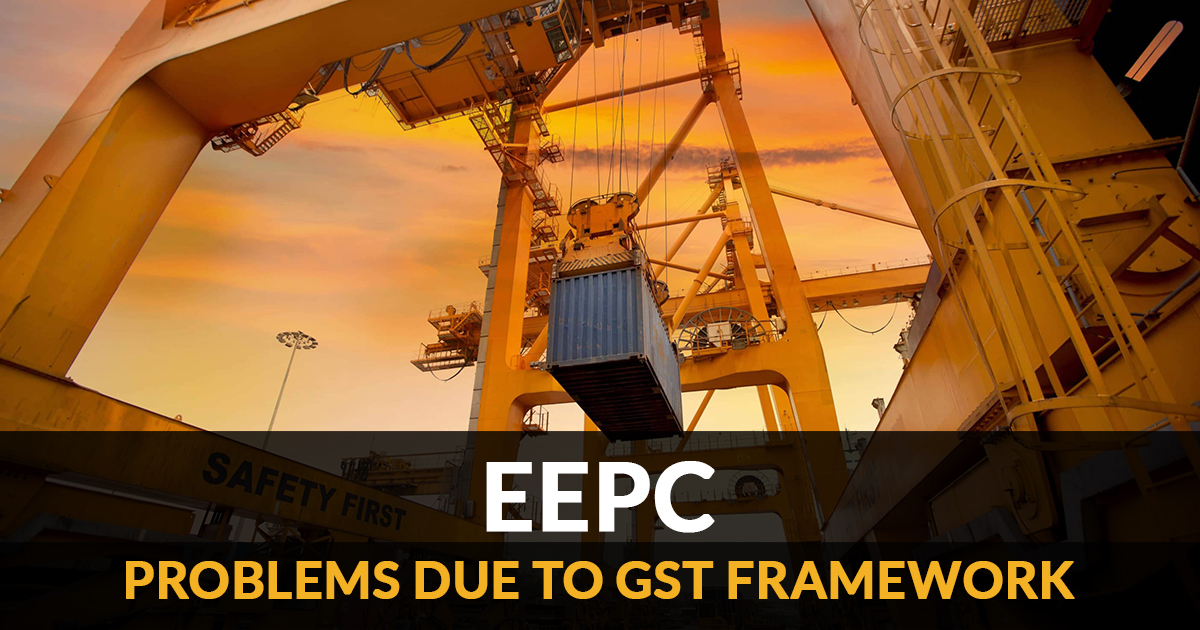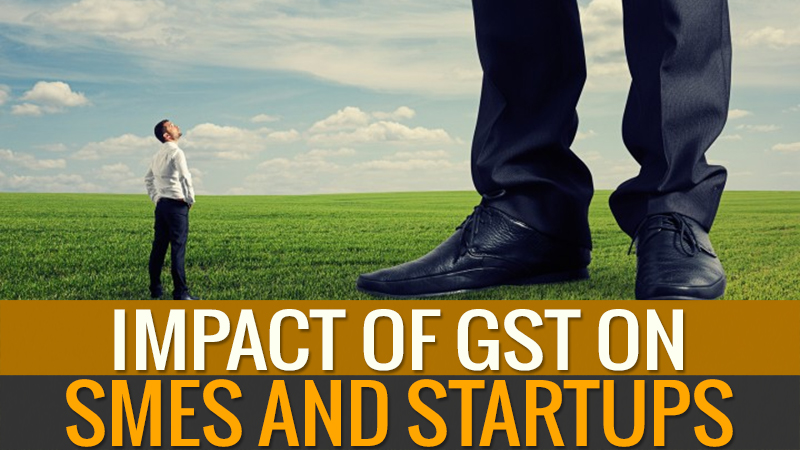The Engineering Export Promotion Council (EEPC) recently came up with a statement that the current rules-regulation and how they have been interpreted under the Goods and Services Tax (GST) framework are causing many difficulties for some engineering companies.

The EEPC knocked on the door of the government and asked them to pay attention to this issue making things hard for such companies. Industry exporters had also highlighted issues with which consist of details about the taxation of goods and services for export 
EEPC stated that Under Rule 96 (10) of the GST framework, exporters are prohibited from transacting in a specific manner, under the IGST regime to avail GST refunds.
Mahesh Desai, chairman of EEPC said “But the same is causing great hardship. More importantly, this provision is causing hindrance to the promotion of exports which cannot be the policy of our Government. Flexibility in the hands of exporters cannot be taken away on account of procedural issues”.
The EEPC also said that the recently announced Production Linked Incentive (PLI) scheme is a beneficial initiative focusing on the Atmanirbhar Bharat initiative, however, a separate PLI scheme also needs to be announced for the MSME sector 
The council also met Commerce and Industry Minister Piyush Goyal and made a presentation in front of him. In other presentations before BoT, the chairman of EEPC India stated that the Remission of Duties and Taxes and Exported Products (RoDTEP) need to be announced as soon as possible, so that the benefits for exporters would be known from January 01, 2021, and the same can be applied.
All engineering products made of iron and steel should be given a RodTep of a minimum of 3% so that they can have a higher RodTep when higher rates are announced. The incidence of duties and taxes is 7% and higher.









